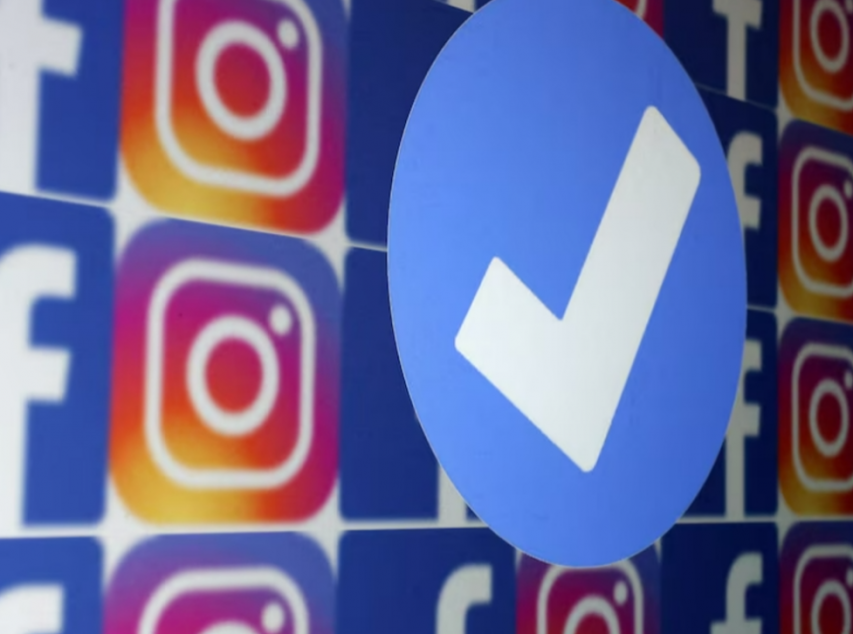[Feature] Balancing Protection and Freedom: The Global Need for Social Media Regulation for Teenagers
Various countries are implementing restrictions on social media use for teenagers to protect them from exposure to recent controversial crimes, including deepfake, underage gambling, and drug dealing.
Background of Teenager Social Media Regulation
Professor Kwon Il-nam from the Dept. of Youth Education and Leadership at Myongji University explained that teenagers, being in a stage of physical development, are not yet mentally mature. They often lack emotional control and are prone to impulsive behavior. This makes them particularly vulnerable to harmful information and stimuli prevalent in virtual spaces. In this context, a recent report by the Ministry of Science and Information and Communication Technologies, titled The 2023 Smartphone Overdependence Survey, revealed that 4 out of 10 teenagers fall into the high-risk category for smartphone overdependence. This implies that many teenagers, still in a stage of immaturity, are highly susceptible to becoming excessively dependent on smartphones, increasing their exposure to harmful information and stimuli in virtual spaces.
Furthermore, this high-risk group for smartphone overdependence showed a higher rate of shortform contents usage compared to general users. Prof. Kwon explained that teenagers are experiencing the popcorn brain phenomenon. Social media algorithms, such as those in shortform contents, selectively expose them to information based only on their personal interests. This causes their brains to focus solely on stimulating contents, reducing their perseverance and persistence in daily life, and gradually weakening their ability to explore and solve problems over the long term.
Additionally, there has been a recent rise in crimes where teenagers illegally create explicit content using deepfake technology to alter common photos from social networks or profile images from platforms like Kakaotalk. Concerns about protecting teenagers are increasing, as most perpetrators and victims are in their teenagers.
As various issues arise, many countries are introducing laws to regulate teenagers’ use of social media. France is discussing a policy to completely ban smartphone use for those under 13 and to restrict access to social media platforms like Tiktok and Instagram for those under 18. The United Kingdom is considering a measure to ban the sale of smartphones to those under 16 and to impose control over algorithms. In the United States, laws vary by state. In New York, a regulatory bill was passed in June this year, requiring social media platforms to obtain parental consent before providing content or information to those under 18.
Social media platforms introducing policies to protect teenagers
photo: ITBizNews(itbiznews.com)
Progress of Teenager Social Media Regulation in South Korea
In line with global trends, there is a growing demand in South Korea for appropriate protective measures for teenagers. On August 13, 2024, the National Assembly introduced the Three Laws Our Kids’ Social Media Safety Zone Act, aimed at protecting teenagers from the negative effects of social media. This act includes amendments to the Act on Promotion of Information and Communications Network Utilization and Information Protection, the Elementary and Secondary Education Act, and the Framework Act on Education.
The amendment to the Act on Promotion of Information and Communications Network Utilization seeks to limit social media usage time for those under 16 and requires parental confirmation for algorithms that encourage addiction. The law aims to establish mechanisms to prevent excessive use of social media among teenagers and strengthen parental involvement. Additionally, the revison to the Elementary and Secondary Education Act includes a complete ban on the use of smart devices in schools, aiming to encourage students to focus on their studies and minimize the negative impacts of smart device usage. The amendment to the Framework Act on Education calls for the Ministry of Education to develop specific plans to prevent social media addiction among teenagers. This includes assessing the actual usage patterns of adolescents and emphasizing preventive education and programs.
A member of National Assembly, Youn Kun-young proposed an alteration to the Act on Promotion of Information and Communications Network Utilization, which would require social media companies to refuse membership registrations for children under 14. Another member of National Assembly, Kim Jang-kyom introduced the Youth Filter Bubble Prevention Act, which defines information provided to users through algorithms as addictive content and mandates that algorithm-based social media companies verify the age of minors and obtain consent from their legal representatives.
Divergent Views on the Social Media Regulation Act for Teenagers
There are divergent views on the need for appropriate protective measures for teenagers’ social media usage in line with global trends, alongside concerns that such measures may infringe on their fundamental rights. Prof. Kwon mentioned that the introduction of such laws could address the national issue of social media use and encourage both parents and the public to take an interest in developing solutions. He also stated that the introduction of these laws could facilitate the establishment of preventive measures and policy directions for youth social media use in South Korea. However, he cautioned that while there may be a temporary protective effect immediately after the law is enacted, the impact on teenagers’ social media usage could gradually diminish. If social media use is restricted for a specific period and then the restrictions become lifted, it could lead to a balloon effect, where pent-up frustrations explode, causing emotional instability and psychological distress among sensitive teenagers. This could also suppress the positive aspects of communication and socialization that social media provides, hindering healthy social development.
Prof. Kwon acknowledged that while legal regulation may seem necessary for healthy social media use among teenagers, it could also reinforce grievances between different social classes if social media, which has become an integral part of daily life and a means of future communication, is overly regulated. He further expressed concern that if teachers focus solely on controlling students’ social media interactions or enforcing penalties for violations, it might lead to a negative stigmatization of students. He emphasized the need for educational alternatives to dispel fear of creating a generation of lawbreakers, as most youth-related laws in South Korea primarily focus on regulation. He stressed the importance of providing opportunities for various physical activities, such as smartphone detox activities, digital meditation, and promoting healthy smartphone usage ethics.
Students also shared similar views with experts. Kim Won-gil, a student from the Dept. of Sociology at Kyung Hee University (KHU), argued that exposure to distorted information and provocative images could distort teenagers’ sense of gender awareness. He stated that the introduction of the social media regulation act could protect youth from risks derived from social media, such as deepfake sexual crimes and hate inducing content.
Additionally, Lee Won-june, a student from the Dept. of Russian Language at KHU pointed out that when teenagers show repeated interest in a specific topic on social media, algorithms are likely to continuously provide similar information, which can limit their exposure to diverse opinions and lead to a filter bubble. He viewed the introduction of the law as a positive measure to prevent this issue.
However, these students also expressed concerns about the law’s implementation. Lee raised worries that if the law is enacted, teenagers might seek ways to technically circumvent regulations. This led to suggestions for additional alternative approaches beyond the law. Kim proposed that, in addition to enacting the law, media literacy education should be conducted to help children filter out fake news and foster desirable values through reading and discussion.
The introduction of the social media regulation act for teenagers serves as a foundation for teenagers to grow safely in the digital environment. However, legal regulations alone are not the best solution. To achieve long-term effects, it is essential to provide education and support to help teenagers use social media in a healthy way. Therefore, ongoing discussion and improvement regarding the act are necessary.
- 1
- 2
- 3
I agree to the collection of personal information.




